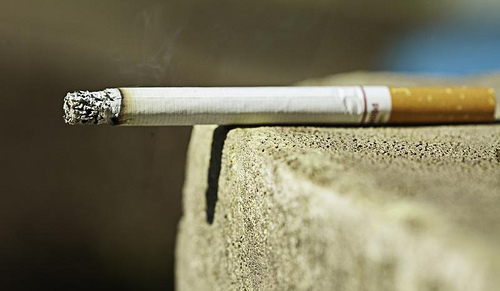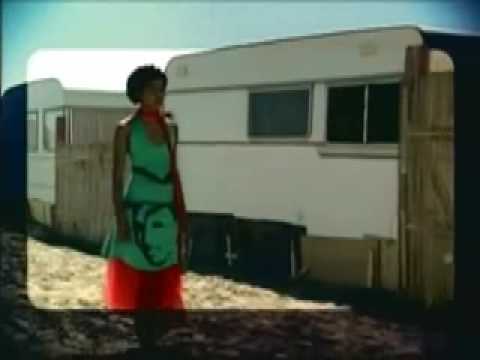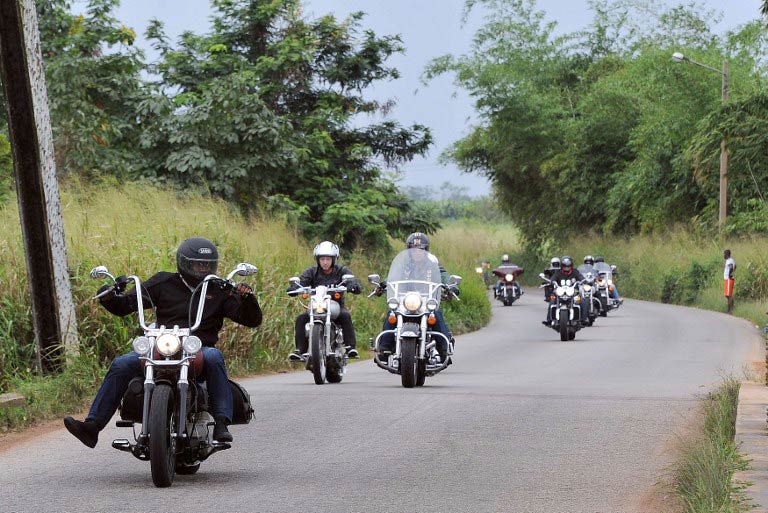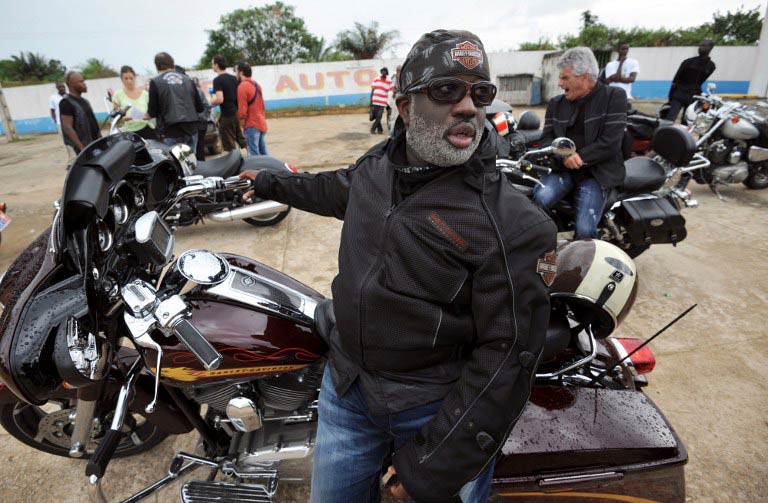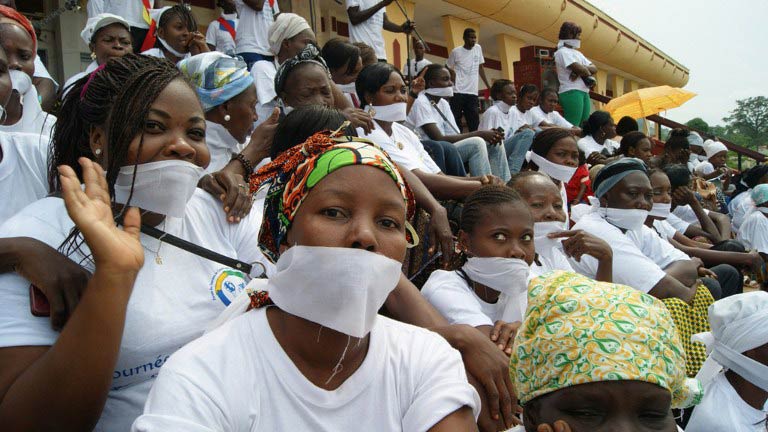Coming to terms with HIV has not been easy for 13-year old Jean. Shy and soft-spoken, he is not completely at ease with telling others about the complexities of growing up with HIV.
“When I learnt I was HIV positive, my mother’s big sister told me not to tell anyone because there are some people who, when they hear that you’re HIV positive, they don’t want to get close to you,” says Jean. “People here don’t know what HIV is and when they find out you are HIV positive, they don’t want to have anything to do with you.”
Having lost both his parents, Jean lives with his aunt in Abidjan, the largest city in Côte d’Ivoire. Here, adolescents aged 10 to 19 constitute a quarter of the total population and in 2012 they accounted for almost 10% of all new HIV infections in the country[1].
According to Dr Jean Konan Kouamé, an HIV specialist with Unicef in Côte d’Ivoire, such high infection rates can be attributed to “early sexual debut, ignorance about how HIV can be transmitted and limited access to HIV prevention and treatment services”.
According to recent data, 88% of the population has never taken an HIV test[2]. Dr. Kouamé believes that this is “because people do not know that if they know their HIV status they can access a treatment that allows them to live longer and healthy lives”.
Stigma associated with HIV is such that people living with the virus are reluctant to disclose their status even to their immediate family. For children going through the delicate transition to adolescence, this can result in isolation and loneliness, which makes it difficult to access care, treatment and support services available to them.
Jean came out of isolation when he met Cécile Traoré, a support worker with Femmes Actives, a non-governmental organisation (NGO) that provides support to children and women living with HIV. Cécile pays regular visits to Jean in his home. She checks whether he is taking his HIV medication correctly and simply lends him a friendly ear.
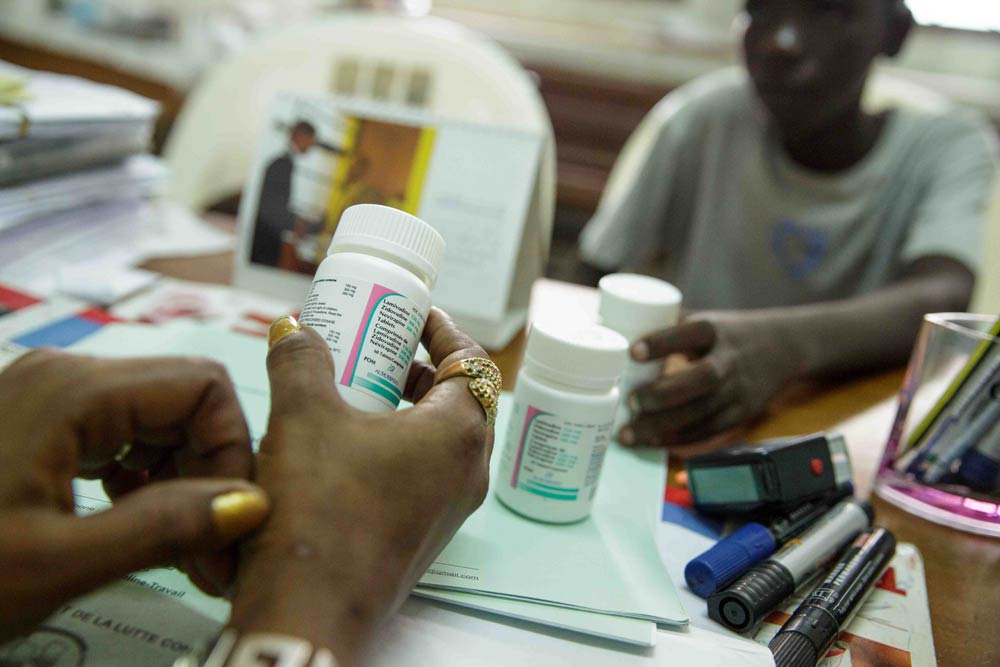
“Adolescents need social, physiological and moral support, they need someone to confide in and share their life experiences with,” says Cécile. “It’s not easy to support an adolescent because they need to be monitored continuously, otherwise they let things go.”
With Cécile’s help, Jean joined a support group for children living with HIV. The group provides children with a safe space where they can share their experiences, learn life skills and forge new relationships.
“During the meeting, we’re asked questions, we draw, we talk about what’s going on in our lives and we are given advice,” says Jean. “I feel very good, I feel at ease because I’m with children who have the same HIV status as me.”
- Watch an interview with Jean below
Adolescence is a difficult period of transition from childhood to adulthood that is characterised by physical and sexual maturation, movement toward social and economic independence, and development of identity.
Barriers to accessing health services
Health services in Côte d’Ivoire are not always equipped to provide care and support that takes into account the specific needs of adolescences living with HIV and that is why this age group is often left in limbo between child and adult care. Only a small proportion of adolescents who are long-term survivors born with HIV have access to antiretroviral treatment, and most receive it through limited numbers of specialised centres in urban and peri-urban settings.
Jean knows very well how difficult it can be to cope with the challenges of being a teenager living with HIV: “If a young person who is HIV positive has no one to support them, they need a lot of support from their family or an NGO, otherwise they are going to think a lot about negative stuff and stress about the fact that they have HIV,” he says.
NGOs like Femmes Actives play a key role in bridging this gap. Thanks to Cécile jean was able to gradually come to terms with his life as an adolescent living with HIV and learn the importance of adhering to antiretroviral treatment. Through the support group, he met other children with whom he can talk freely about common concerns in a non-judgmental environment.
However in Côte d’Ivoire and across the African continent, adolescents face many barriers to accessing health and support services and they are routinely neglected in national and global AIDS strategies.
Opportunities for greater success in reducing the impact of HIV on adolescents lie in increasing demand for, access to and uptake of key interventions. Barriers to access services must be removed, while the social and economic factors that increase adolescents’ vulnerability to HIV must be addressed. Only by making the most of these opportunities, an AIDS-free generation will be achieved.
Chiara Frisone is a communication consult with Unicef’s Africa Service Unit.

